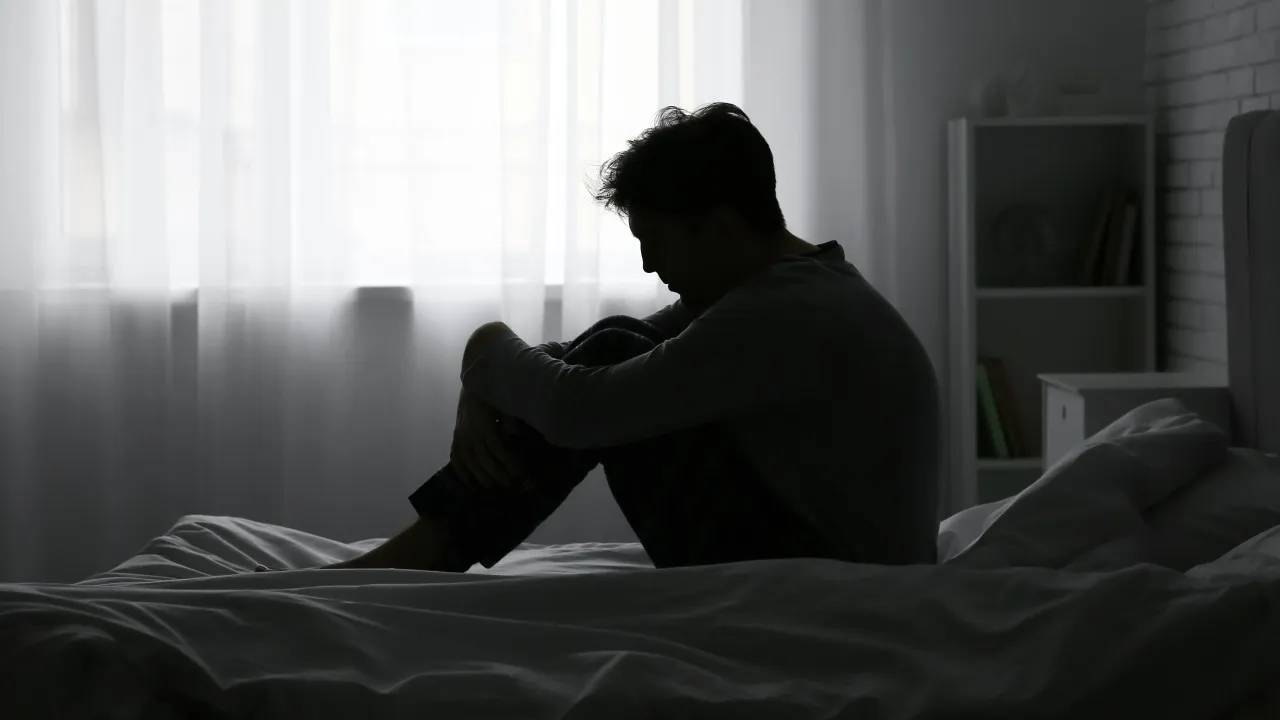Only after this period, which has not yet been determined, will the state compulsorily rent them out. Vacation homes, homes of emigrants, people displaced for health or work reasons, people in nursing homes or informal caregivers are excluded. The plan is under public consultation until March 10.
Homeowners whose homes are vacant and unused will be given a deadline to put the property on the market before the state forcibly takes the house. The proposal is now more detailed in the document put out for public consultation on the government’s plan to deal with the housing crisis.
The document, which will be open for consultation until March 10, or 18 days, states that “the state may mobilize vacant properties for reasons of public interest through leasing by public entities, with the corresponding payment of rent to the landlord,” but the state intervention will not be immediate.
“If the owner does not want to lease to the State, a formal deadline will be given to put the property to use,” the document states, noting that “only after this deadline can the State lease the property on a mandatory basis.”
But there are a number of exceptions to this “entry” by the state into vacant homes. The document lists three instances where the exceptions apply: 1) vacation homes; 2) “homes of emigrants or people displaced for health, professional or educational reasons”; and 3) “homes whose owners are in a social institution, such as a nursing home, or provide permanent care as informal caregivers”.
The government also clarifies that the proposal, which is now in public consultation, stipulates that in addition to being vacant, there must be a demand for homes with these characteristics. “The first step is to propose, in cases where it is determined that a certain house is vacant and there is a demand for a property with these characteristics, that the owner can freely enter into a lease contract with the IHRU [Housing and Urban Rehabilitation Institute], freely determining the conditions of such a contract.”
In the document, with proposals that can still be modified, the government recalls that “the compulsory lease, a concept that already exists in law today, presupposes the existence of a prior legal obligation to give use of the property. In other words, the owner’s obligations are, in themselves, restrictions on the right of ownership” and the aim is to “give an incentive to this use”.
The “More Housing” plan has an initial cost of 900 million euros and aims to respond to the shortage of affordable housing. The government intends to approve the proposals in the Council of Ministers on March 16.








